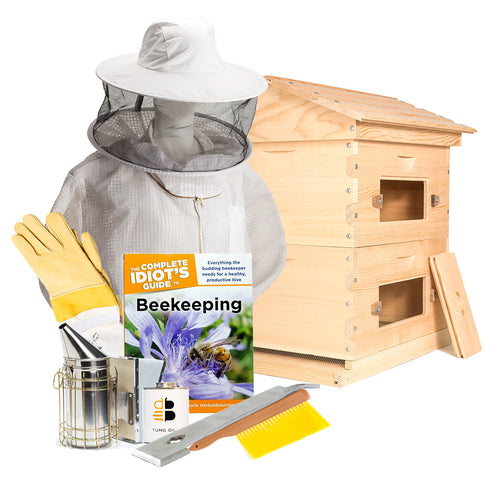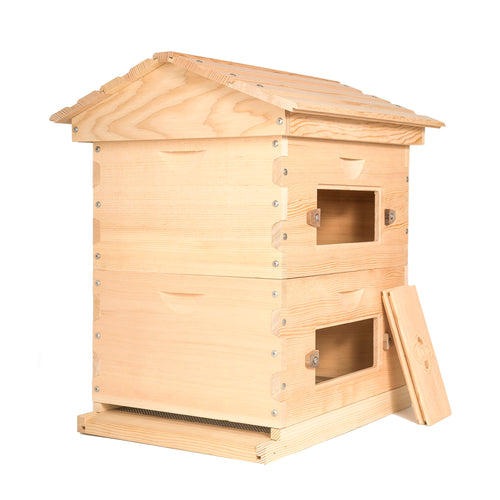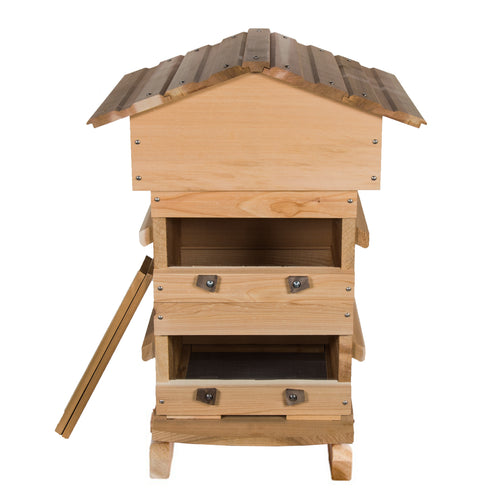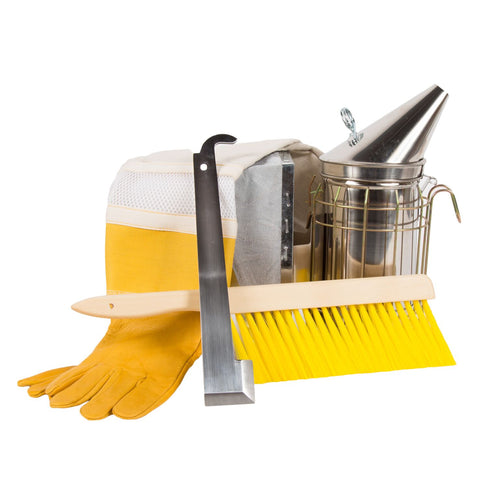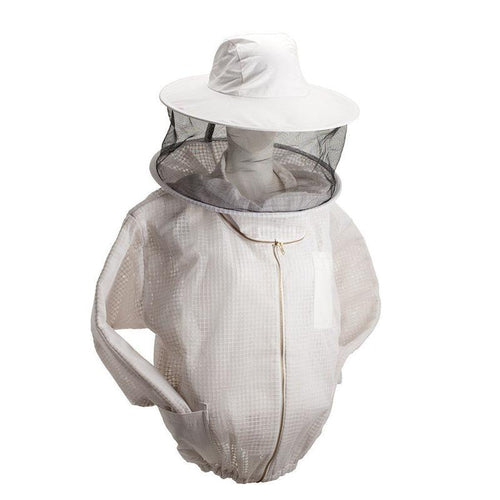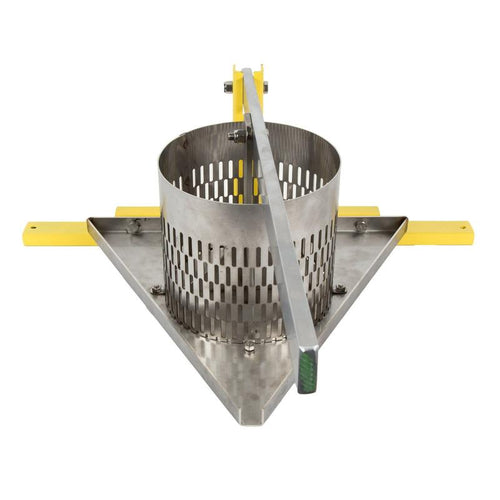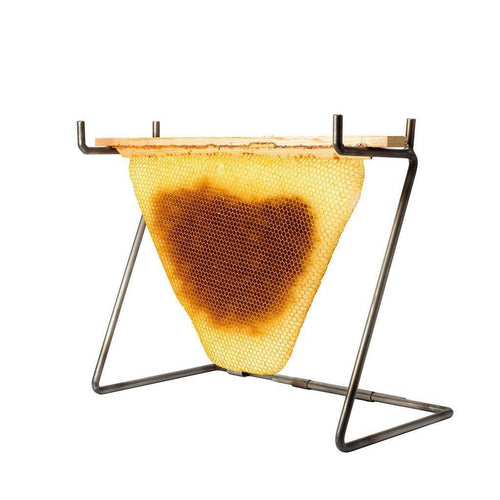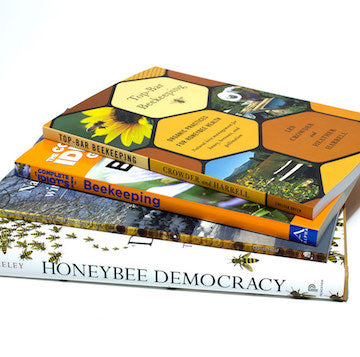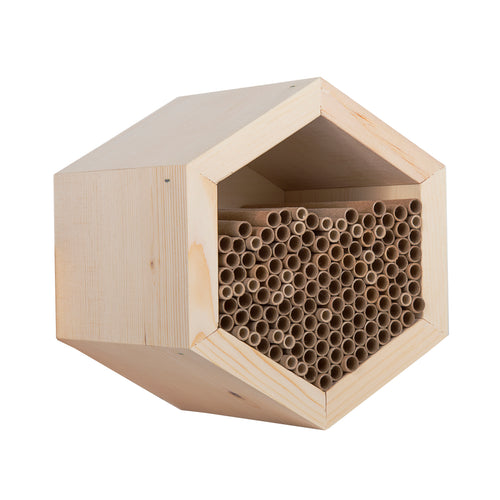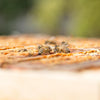
A Review of 2015 For The Bees
March 01, 2016

2015 was a heart-swarming year for bee health advocates and beekeepers around the world. While bee colony populations in the United States still remain in great peril, progress is being made on a legislative level to help increase healthy habitat for honeybees.
-
In May, President Obama released a national strategyfor promoting pollinator health. With this goal in mind, he setguidelines for pollinator-friendly management practices for federal lands as well as the Pollinator Research ActionPlan.
-
In response to over 4 million signatures, the use of the neonicotinoidSulfoxaflorwasbanned by the Ninth Circuit Court of Appeals.
-
Beekeepers and food lovers across the world are in similar battles to protect bee populations and healthy food supplies. The slow foodsmovement to organic, locally grown foods has helped to reduce the overall use of pesticides in agriculture, therefore reducing pesticide exposure for bees.
-
Meanwhile, in Europe, seemingly inconclusive data and opposition from the National Farmers Union has actually allowed these pesticides to bereintroduced to certain regional crops. So the saga continues…
-
The home improvement chain, Lowe’s, has committed to removingneonicotinoids from their shelves over the next four years. Additionally, Home Depot announced that they would immediately start labeling plants that were pretreated with neonicotinoids, and would completelyeliminate their use by the year 2018.
-
One of the world’s largest popcorn companies, Pop Weaver, has declared it will reduce the use of neonicotinoid-coated seeds by 75% before 2018. Fun fact: Over 79% of corn seeds in the U.S. arecoated with bee-harming chemicals.
-
Norway saw the development of the world’s firstBee Highway. The Norwegian city of Oslo has strongly encouraged the community to set up bee friendly areas throughout the town. There is even an interactivewebsite to see which gardens, green spaces and rooftops are a part of the effort (Disclaimer: It’s in Norwegian!)
-
After a 137 year ban, Californians welcome back urban beekeeping to Los Angeles.In October, Los Angeleslifted a beekeeping ban that dated back to 1879. This puts LA in line with most other major U.S. cities, allowing residents the freedom to delve into the world of urban beekeeping.
While much progress was made in reducing the use of pesticides, there is still a lot of work to be done. Backyard beekeepers, urban farmers, and concerned gardeners are making a continued effort to restore bee populations and maintain healthy ecosystems for both bees and humans alike.
Here's to pollinator health and continued progress in 2016!
________
Written by Vin Gast, edited by Mahala Ray
Leave a comment
Comments will be approved before showing up.


